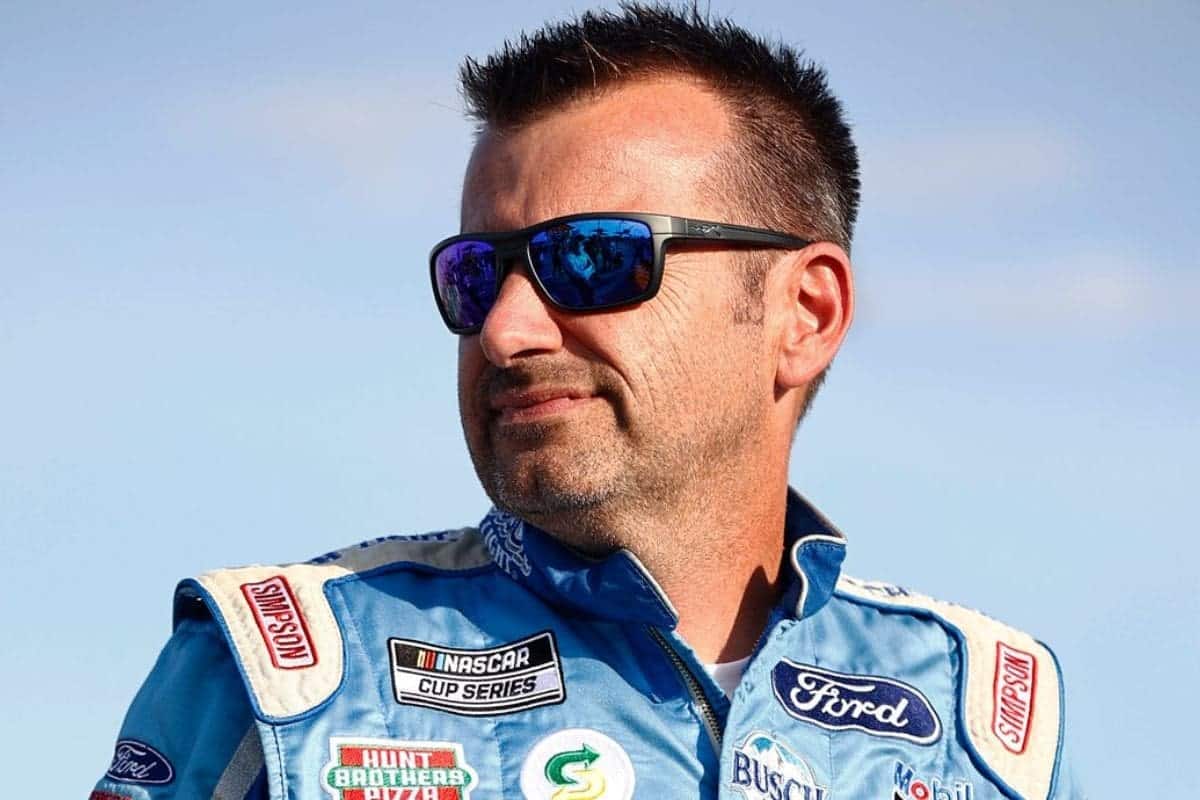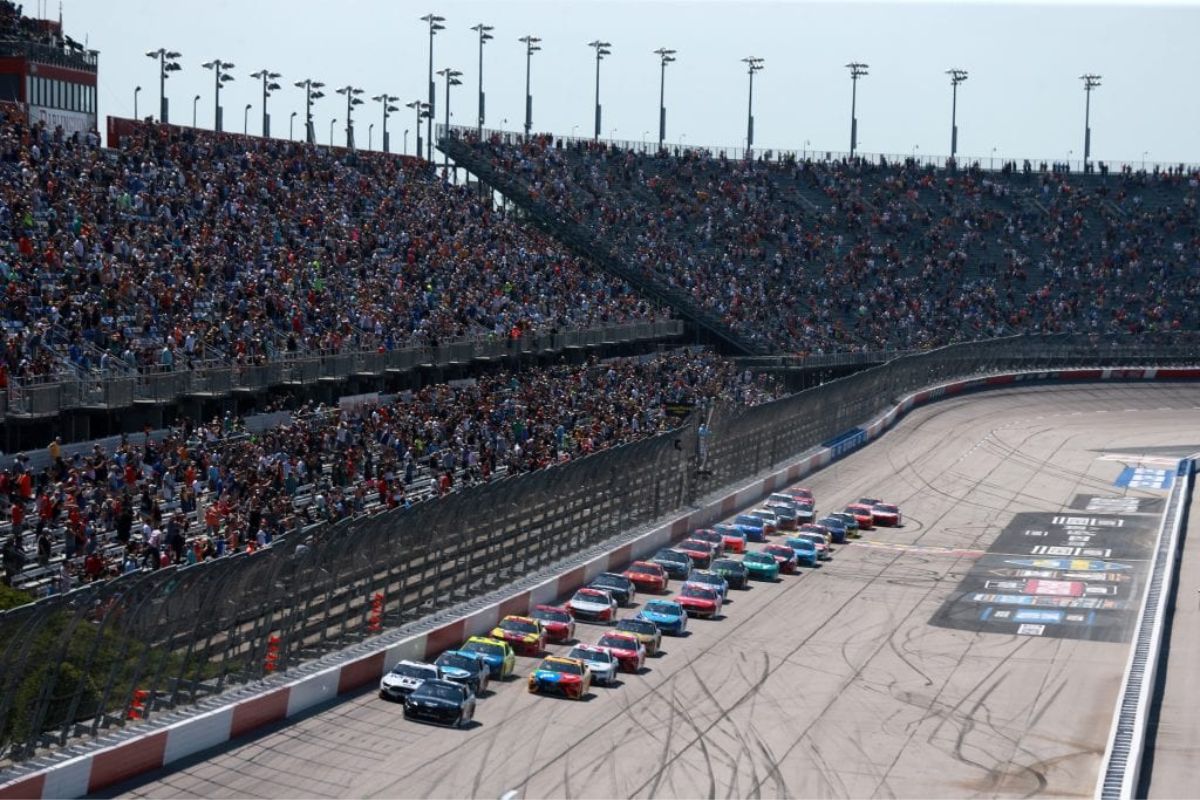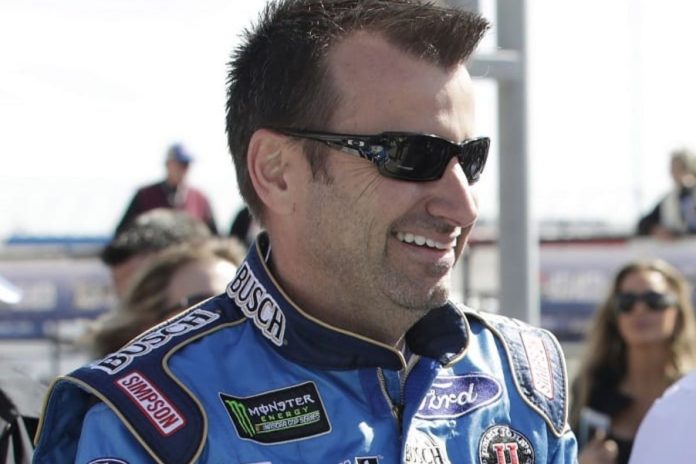Cheating Less Impactful in Modern NASCAR: In NASCAR, where the competitive edge is often razor-thin, Rodney Childers’ recent observations about the diminishing impact of cheating in the sport invite a deeper exploration. According to Childers, advancements in manufacturing processes and stringent regulatory oversight have markedly curtailed the scope for rule-bending. With the introduction of the Next Gen cars, produced under tightly controlled conditions, NASCAR’s landscape has transformed, placing a premium on loyalty to regulations and precision engineering. This shift raises questions about the future of innovation in racing and whether the essence of competition might evolve.
Key Takeaways
- Advanced manufacturing and stringent regulations limit modern NASCAR’s cheating opportunities, as noted by Rodney Childers.
- Next-gen cars are produced in controlled environments, standardizing components that were previously manipulated.
- NASCAR’s strict oversight and severe penalties make cheating risks outweigh potential benefits.
- Modern racing focuses on optimizing within regulations rather than unauthorized modifications for competitive advantages.
- Crew chiefs, like Rodney Childers, emphasize technical knowledge and legal performance improvements over rule bending.
NASCAR’s History of Cheating
While NASCAR has evolved into a prominent motorsports, its history is not without controversy, including numerous instances where teams attempted to gain an unfair advantage through diverse forms of cheating. Historical controversies have often risen from rule violations aimed at securing a performance advantage, with innovation strategies frequently walking the fine line between ingenuity and illegality.
One notable instance occurred in 1967 when Smokey Yunick introduced a scaled-down Chevrolet Chevelle at the Daytona 500. This vehicle, equipped with aerodynamic enhancements, was a masterclass in exploiting unregulated aspects of car design, challenging the boundaries of NASCAR’s rulebook. Yunick’s manipulation of vehicle dimensions without directly breaching any specific rule at the time highlights the complex mix between innovation and regulation within motorsports.
Another significant controversy involved Junior Johnson’s team in 1991, which faced suspension due to an oversized engine. Despite this, Johnson’s ‘Yellow Banana’ car, notorious for its changed body that followed the rules yet clearly intended to reduce aerodynamic drag, still competed.
In 2007, Michael Waltrip’s team faced severe consequences after being caught using a jet fuel-like additive, leading to fines and points deductions. This scandal emphasized the lengths to which teams would go to boost performance and the rigorous enforcement actions NASCAR would undertake in response.

SHR Crew Chief Rodney Childers on Cheating in Modern NASCAR
In a revealing interview with Cup Scene, Rodney Childers, the crew chief for SHR’s No. 4 team, discussed the diminished feasibility of cheating in modern NASCAR due to advanced manufacturing and strict regulations. Childers highlighted how the evolution of car manufacturing processes and the strict oversight by NASCAR have greatly changed the landscape of what is possible regarding bending the rules.
“I mean honestly to me I don’t think there’s such thing as pushing the envelope anymore you know? To me, I don’t even get into that anymore. If there’s something wrong with the car, I don’t know there’s something wrong with it. It’s just not what it once was 10 years ago. Now it’s kind of a little bit like a factory the way that the cars are built. They’re four or five weeks out and you know our Sonoma cars already on the floor. Our Charlotte cars on the floor, our Gateway cars on the floor. That’s just the way it is right now and it’s really up to us to sit here and look at these computer screens and figure out what springs to put in it. What shocks, what sway bars, what heights we’re going to run you what you can get by with air pressure.”-(childers)
Childers pointed out that the Next Gen cars are now fully manufactured in controlled environments, which standardizes many elements that were previously points of exploitation. This shift impacts the crew dynamics and places a greater emphasis on refining performance strategies within the allowed parameters. The technical advancements in the vehicles themselves mean that the details of race preparation are more about optimization and less about alteration.

Furthermore, Childers emphasized the role of rule enforcement in maintaining the integrity of the sport. NASCAR’s thorough inspection processes and the penalties for violations have created an environment where the risk of cheating does not outweigh the potential benefits.
The focus is now squarely on using technical knowledge and crew expertise to improve performance legally. Teams invest heavily in understanding every aspect of the car and the race conditions, rather than looking for loopholes.
Childers’ Perspective on Pushing the Envelope and the All-Star Race
Building on the controls discussed earlier, Rodney Childers elaborates on the concept of pushing the envelope in today’s NASCAR, asserting that the uniformity in car construction leaves little room for a competitive edge through physical modifications. Childers explains that the era of significant mechanical advantage has passed, directing the focus toward optimizing what is permissible within strict regulations.
Childers emphasizes that the All-Star race presents this new shift. The challenge is no longer about reengineering components to push limits but about mastering the subtleties of car handling and driver execution under uniform conditions. He suggests an All-Star Strategy changes precision in setup and on-track decision-making.
“It was going to be a good night, the other night. I should have put two tires on and maybe had a little better shot. But I was thinking that we might have multiple green white checkers, and have a shot of the top five with four tires. So, you know, it’s the All-Star Race I think, the key with it is really going to be getting your car to handle right. And a guy that likes a place like that. I think we’re fortunate from that standpoint you know”-(berry)
Childers praises driver Josh Berry’s skill at adapting to these details. Berry’s ability to extract maximum performance from a standardized vehicle shows the modern racing ethos where driver skill and strategic insight take place.
How to Succeed in the All-Star Race and Final Thoughts
Success in the All-Star race hinges on a team’s ability to master car handling, smooth acceleration, and effective braking, according to Rodney Childers. Going deeper, the essence of victory in this high-stakes event is not just about raw speed but a comprehensive approach to race strategy, car performance, and driver skill. Each component must be finely tuned to the unique demands of the All-Star circuit where the margin for error is minimal.
| Aspect | Importance |
|---|---|
| Race Strategy | Critical for maneuvering through high-stress situations and tight corners. |
| Car Performance | Must be optimized to guarantee peak operation during critical race phases. |
| Driver Skill | Determines the ability to maximize the car’s potential and adjust strategies. |
| Pit Stops | Vital for maintaining momentum and adapting to race dynamics. |
When considering these elements, teams prepare thoroughly. The synchronization of pit stops, often overlooked, can significantly impact the course of the race. A well-timed pit stop might mean the difference between leading or chasing the pack.
Furthermore, fan excitement is visible during the All-Star race, influencing the atmosphere and potentially the performance of drivers who excel under challenging circumstances.

News in Brief: Cheating Less Impactful in Modern NASCAR
Rodney Childers’ insights shed light on the transformed landscape of NASCAR, where advanced manufacturing and strict regulations have greatly reduced the impact of cheating.
The evolution towards rigorously controlled car production and the emphasis on compliance have shifted teams’ strategies towards maximizing legal technical advantages.
This shift highlights a broader trend in competitive sports where loyalty to rules and optimization within established parameters are crucial for achieving success.
ALSO READ: Rodney Childers Reviews Josh Berry’s Mid-Season Performance


